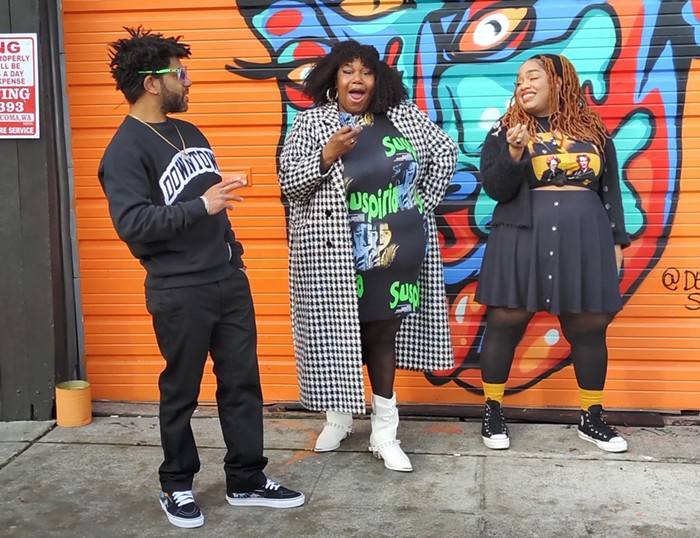
Pot shoppers in Washington will be able to buy cannabis certified to organic-like standards by the state government as early as next year, according to a spokesperson for the Washington Department of Agriculture (WSDA).
“The goal is to be able to begin offering the service next year, in 2019, and we’re on track right now to be able to do that,” said Hector Castro, a spokesperson for the WSDA.
The WSDA program is the first attempt by any government in the country to establish standards for what makes pot “organic” and certify farms that meet those standards. The state legislature passed a law last year creating the program.
One of the first things the WSDA must work out is what they are going to call this program. While the program will likely mirror many of the rules that govern WSDA’s conventional organic program, the word “organic” is federally controlled and since pot is still very illegal according to federal law that term can’t be used.
Hector said “certified" is currently a front-runner for replacing the term organic. Does “certified” sound like the right term to describe organic pot? The public can weigh in on the program's rules, including what the replacement word for "organic" is, when the state releases the program's tentative rules. Castro said the state has been working with an industry committee to develop the program and hopes to release those rules sometime this fall.
Pesticide and heavy fertilizers are widely used on illegal pot farms and some of those practices have been brought into the legal marketplace. The effects of smoking pesticide-laden pot have rarely been studied by researchers but given the toxicity of these chemicals, many fear the worst. Rolling Stone gave this frightening analysis to the problem last year:
But let’s just say that if you like pot, you have absolutely exposed yourself to chemicals that can damage your central nervous system, mess with your hormones and give you cancer. There are toxicants in our vape pens, in our fancy prepackaged edibles and in the soil and water near many marijuana farms.
Regardless of what the state calls it, there is a clear demand among consumers and producers for an organic certification for pot. Private companies, including Clean Green Certified, have created their own organic regulations that producers can pay to have their farms checked against. The company lists 27 farms and four processors certified in Washington and consumers appear to have started noticing the clean green label.
Castro said the fees farms pay to be certified will support the cost of the program.
“The idea is for the fees associated with this to be sufficient to maintain the program and my understanding is that there’s quite a bit of interest in this service,” Castro said. “I think the program feels fairly confident that the fee structure put forward will be acceptable to the industry but also sufficient to maintain this service.”
Organic farming refers to cultivation methods that rely “on natural substances and physical, mechanical, or biologically based farming methods to the fullest extent possible,” according to the U.S. Department of Agriculture. Working out exactly what qualifies as a “natural” and “biologically based” method quickly becomes complicated and political. Some fertilizers and pesticides can fit into these organic systems, while others are banned.
The WSDA’s decisions about what substances are allowed and banned in the organic program are likely to cause some controversy. The lack of federal oversight over how pot is grown means the WSDA must make these decisions without any help from the largest and most well funded agricultural agency in the country.
Organic also refers to aspects of farming beyond just what chemicals you are adding to soil. For example, organic livestock must be allowed to live in their “natural behaviors” to be considered to be organic. Does this mean organic pot must be grown only under natural sun and with natural exposure to the outdoor elements, effectively banning indoor farms from being certified organic? We’ll see what the state decides.
















